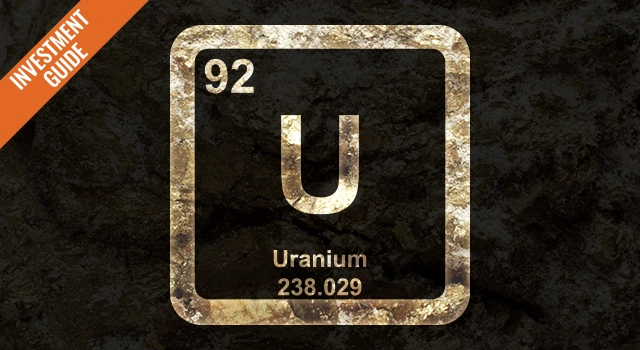- ASX News LIVE | ASX Opens Up as Miners Recover; Santos and Woodside Report Today
The ASX 200 is up this morning as a recovery from the mining sector carries the benchmark. Oil and gold prices are down as traders look beyond the Middle East.

Investment ideas from the Edge of the Bell Curve to your inbox
Enter your email address in the box below and you’ll get Fat Tail Daily every day…absolutely free.
Investment ideas from the Edge of the Bell Curve to your inbox

Investment ideas from the Edge of the Bell Curve to your inbox
Enter your email address in the box below and you’ll get Fat Tail Daily every day…absolutely free.





